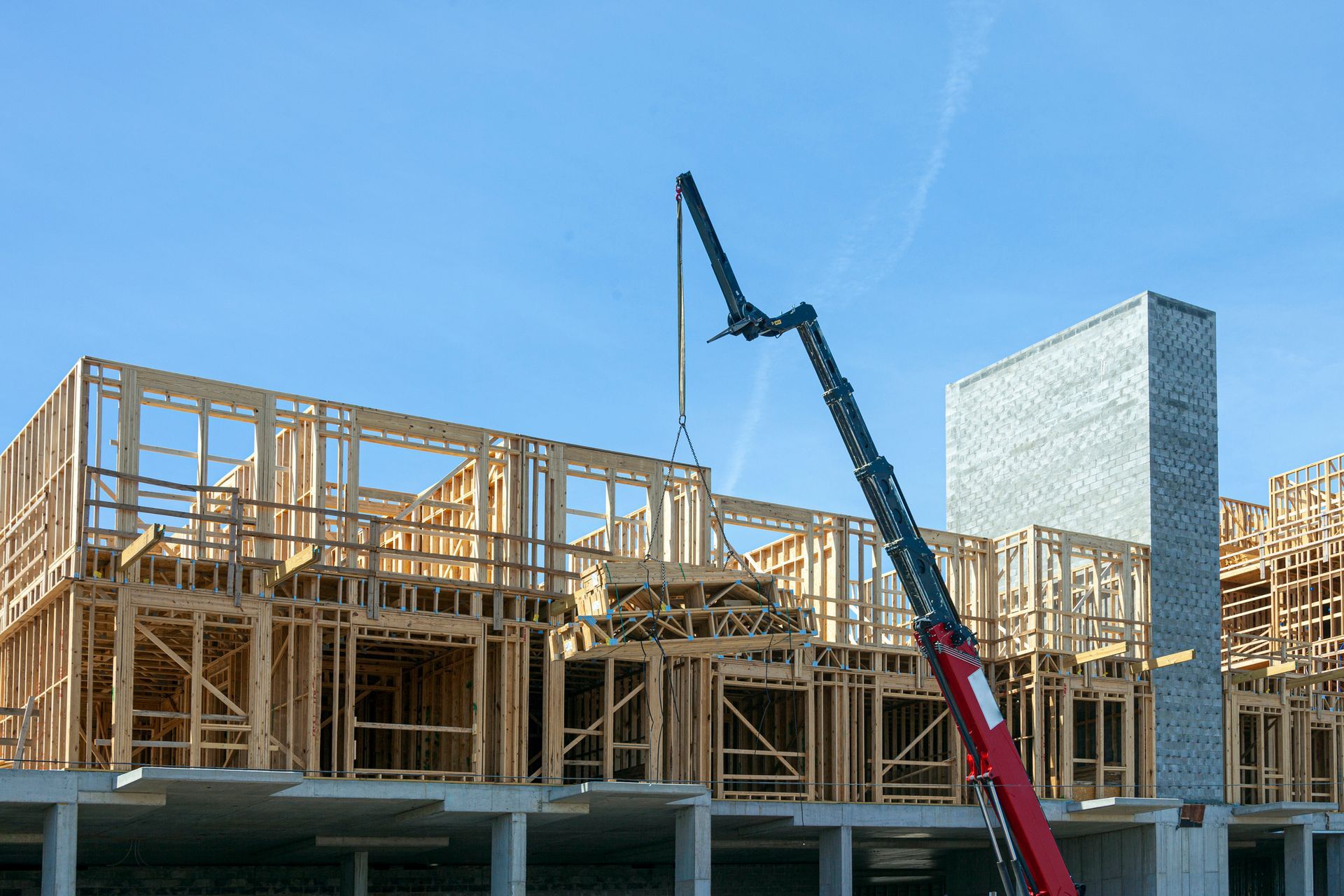If You Are a Subcontractor, Look Out for These Five Work Stoppages
These Are The 5 Things You Should Watch Out For:

Not compensating the workforce of the targeted company or subcontractor vs contractor adequately can lead to several negative outcomes, including resistance to the takeover, higher costs associated with training new personnel, and decreased productivity and output. It is abundantly clear that if payroll is not computed and wages are not paid, work stops or is disrupted. This occurs because the shared payroll costs are not allocated properly.
The Effects of Work Stoppages For Subcontractor Vs Contractor
Work stoppages and disruptions, even if personnel return to their jobs quickly once the issue is resolved, can damage public trust in a company managed from abroad and lead to lost production. Smart subcontractors head off payment issues at the pass by negotiating standard language that guarantees their right to suspend operations if they aren't paid. It won't be easy to negotiate for this language, but it will be well worth the effort. As a subcontractor, you can look out for these five work stoppages:
• Picket Line
The first and most typical example is the picket line. Members of a negotiating unit may stage a picket just outside of the company's property, usually around entrances and exits.
Participants in such demonstrations typically carry homemade or store-bought signs, march while chanting slogans, and otherwise endeavor to get the public's attention in this way to show workforce efficiency. Picket lines are usually peaceful and, at most, just temporarily slow traffic to or out of a building. Protests are occasionally held in a place of strikes or in addition to them.
• Subcontractor vs Contractor Strike
A strike is a planned interruption of work, and it is frequently employed in conjunction with other labor relations activities like contract discussions. Undiscovered payroll can lead to serious problems during the JV setup, including missed payroll computation and unpaid wages.
• Wildcat Strike
The unauthorized work stoppage that violates the law and an existing collective bargaining agreement is referred to as a wildcat strike or an illegal walkout. Frequently, a wildcat strike happens because the union feels that some action is unfair. However, this is by far the most common reason.
• Lawful Strike
A lawful strike is typically carried out by the applicable laws and the bargaining agreement that is currently in place. Legal strikes typically take place when an existing contract is about to expire, and the union is attempting to persuade construction management to alter one or more policies in the new bargaining agreement.
The membership votes on whether or not to go on strike, and when they do, they normally adhere to the terms of the most recent agreement. Wages and concerns about workers' health and safety are two of the most common reasons for legally sanctioned strikes.
• Subcontractor vs Contractor: Lockout
The lockout comes as the final segment of a work stoppage. The lockout, much like the strike, will often take place by the laws that are in effect and the negotiating agreement that is now in place. When the management of a corporation refuses to let members of a negotiating unit onto corporate premises, this is known as a lockout.
A lockout, much like a strike, is an action taken by management to exert pressure on union members to induce them to alter one or more aspects of an impending negotiation that members of the bargaining unit are otherwise unwilling to accept.
Many construction and construction management contracts include clauses that allow the general contractor to terminate or suspend the contract at any time for any reason. With subcontractor vs contractor, there are many legal issues.
Keep in mind that for subcontractor vs contractor even though a project might not be finished right now but rather suspended, consideration for lien or bond claims should be given right now and that the date from which you count how long you have been off the job or when you last supplied labor or materials, is the date the project was shut down, or an earlier date depending on when labor and materials were last supplied. At United Seattle, you can find solutions regarding the legacy of value for future generations to increase workforce efficiency.
We Offer All the Services You Need in One Place! We Will Save You Time and Money!
Call Us at (425) 521-7916 Now to Get a Free Estimate or a Free Consultation for Any of Our Services!



